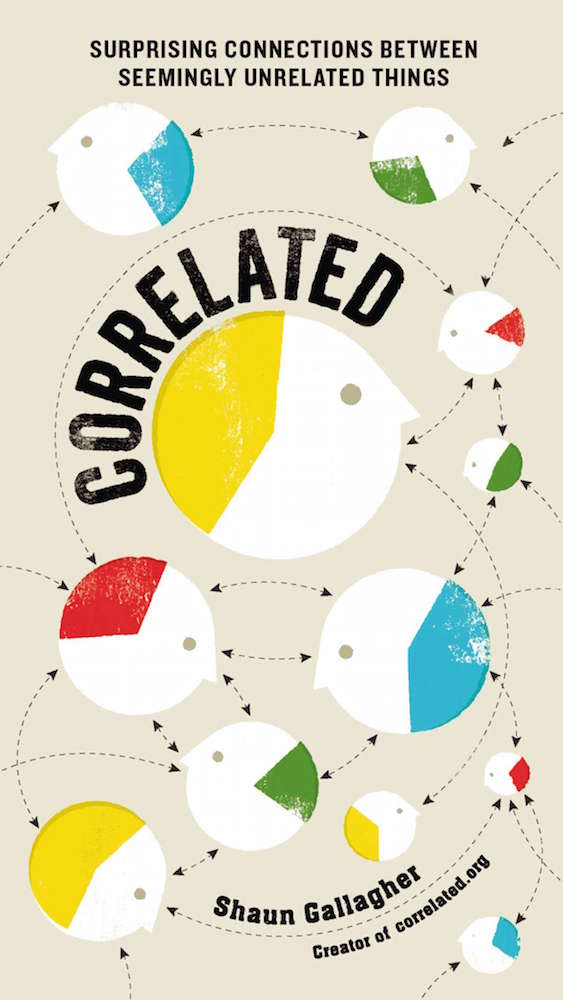You can thrive in a high-paying career without being money-driven
If one of your top goals in life is to make as much money as possible, it makes sense to pursue a job in a high-paying industry - even if it means sacrificing other priorities or goals in the process.
But what if money making is not one of your top goals? And what if you just happen to stumble into a high-paying career nonetheless?

I'm a software engineer in a well-paying industry, and although I do earn a good income, I have never considered myself motivated to earn as much money as I possibly can — and certainly not to the detriment of other things I consider important, such as my family and my health.
I am sometimes asked if this puts me at a disadvantage. If (beyond a certain threshold) earning more money is nice, but not supremely important, am I going to end up with lower compensation compared with others who are more money-driven?
The short answer is no. It is possible not only to avoid being taken advantage of but to thrive in your career, even if earning the most money possible isn't your driving force.
Below, I'll offer some tips that can help you do so.
But first, let's talk about why I don't consider myself a money-driven person. See if you recognize yourself in this description.
Money isn't everything
I grew up with both a cultural and a personal aversion to the idea of chasing the almighty dollar at all costs.
In church, I heard preachers caution against our society's obsession with material wealth.
Then, on a more personal level, I encountered adults who seemed so driven by money that everything else took a back seat: their families, their health, and even, paradoxically, their own happiness. I did not want that for myself.
My father, an immigrant with an eighth-grade education, was a landscaper who had a side job as a toll collector. What he lacked in opportunity he made up for with hard work. His hard work paid off, and he was able to buy a house in a modest suburban neighborhood. But he worked long hours. For him, the top priority was supporting his family financially, rather than being present for his family. I understood why he felt he had to make the choices he did. And thanks to him, I had far more opportunities available to me that would allow me to not have to do the same things he did.
A few years after college, I quit my job as a magazine editor and enlisted in a one-year volunteer program where I worked at an inner-city high school. I got to know students and other members of the community who were not that well off, but happy. We volunteers also had to live simply, but we were happy as well. And when you know you can be happy living simply, the idea of risking Karōshi to amass a fortune seems less compelling.
All of those experiences shaped my thoughts about how much of a priority the pursuit of money ought to be in one's life.
After my volunteer year, I returned to journalism and continued to work for magazines and newspapers for another eight years. It was easy at the time to say that money was not of utmost importance to me. My salary was enough to cover my needs, but only because they were relatively simple needs.
As time went on, my salary grew a bit, but so did my expenses. I got married and had children. We bought a house. We had to pinch pennies and clip coupons. But money isn't everything, we reminded ourselves, and we made do.
About eight years ago, I left the journalism world and began doing software development full-time.
The salary I was offered was significantly higher than what I was making as an editor. The benefits were also better.
In the eight years since, I've grown enormously as a software developer. My salary has also grown.
And while I'm sure there are others who have negotiated their salary and benefits more aggressively than I have, I'm fairly confident that I'm not being significantly underpaid.
How to thrive if you're not money-driven
Let's face it: Employers don't want to pay you any more than they have to. So if maximizing the amount of money you earn is not your top priority, aren't employers going to take advantage of you?
Not necessarily, if you approach negotiation of compensation with the right perspective.
What I have found is that there's a difference between being content with the amount of money you have and being content with the amount of compensation you receive for doing a given job well.
Being content with the amount of money you have is very much a matter of psychology and lifestyle. Obviously, every household, whatever its makeup, requires some minimum amount of income to cover non-discretionary expenses, and some households will require higher income to make ends meet than others. But beyond that, how much discretionary income you need to be happy really depends on you.
Being content with the amount of compensation you receive for doing a given job well is something of a different beast.
For instance, you might be perfectly content with $1X as a salary. In fact, it might even be well above what you actually need to have an income sufficient to cover your expenses, allow you to save for the future, and give you enough discretionary income to be happy in the present.
But if you know that the market rate for the job for which you've been offered $1X is really $2X, then you can think about it in two ways:
• "I don't need the additional $1X. So why not agree to do the job for $1X and let my employer have the rest?"
• "I don't need the additional $1X. But if the going rate for doing the job well is $2X, and I plan to do the job well, then why not expect $2X? Then I have control over the surplus. If I don't need it, I get to decide what worthy cause it goes to."
More leverage, not less
It turns out that approaching salary negotiations with this mindset actually gives you more leverage than a person who's primarily money-driven.
Unfair compensation

Think about it. For them, getting the market-rate salary (or a salary above market rate, if they're a good negotiator) is their top priority. They likely have built up a lifestyle that depends on getting that market-rate salary. Being offered significantly less than market rate is not going to work for them.
But for you, who can conceivably get by with far less, there is much more room to negotiate. You can negotiate the compensation up to $2X, or the amount of effort you expend down to $1X, or any combination in between.
Another way to think of negotiating compensation is that although you might not be as money-driven as some of your colleagues, that doesn't mean it should matter any less to you that you are fairly enriched for the work you do.
Your money-driven colleague will make the effort to ensure that he or she is fairly enriched through monetary compensation. Meanwhile, you should make the effort to ensure that you are fairly enriched as well, either through monetary compensation or through a combination of monetary compensation and nonmonetary perks, such as flexible hours, more vacation days, or some other benefit that matters to you more than money.
You don't have to be a pushover
Fair compensation

To reiterate, the value of your time does not diminish merely because you have relatively low expenses. If you choose to live frugally, that shouldn't mean you deserve to be paid any less for the work you do.
So don't avoid negotiating fair compensation just because you are capable of getting by with less. You should prefer that the surplus — the difference between the income you need to be happy and the income it is fair for you to receive for doing a job well — ends up under your control, rather than lining your employer's pockets. And if you can barter that surplus for other non-monetary benefits that make you even happier than the money would, so much the better.
Yes, it is possible to not be especially money driven and yet still be a good negotiator of salary and benefits, capable of earning just as much as coworkers who are more money-driven. And it's possible to thrive in your job and really enjoy the work you do, knowing that you're being fairly compensated for it.



